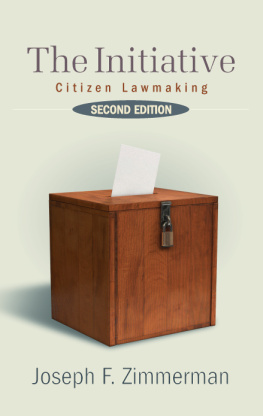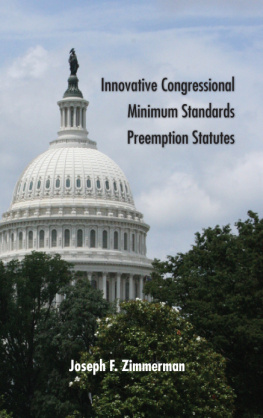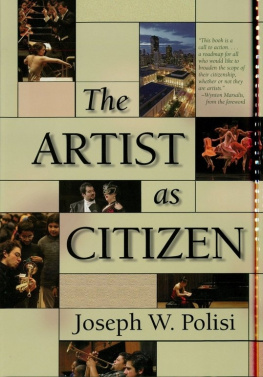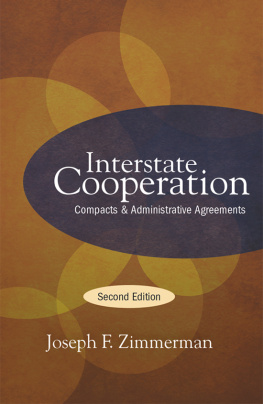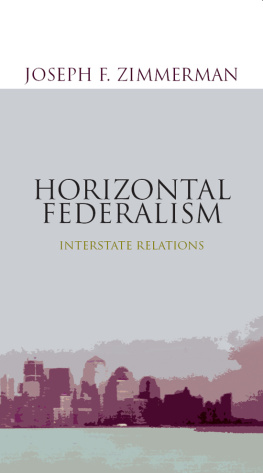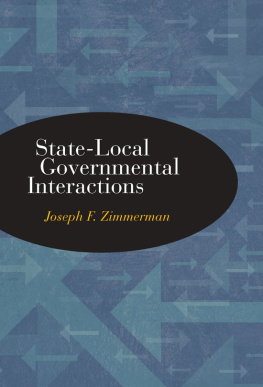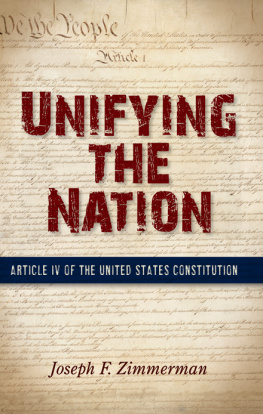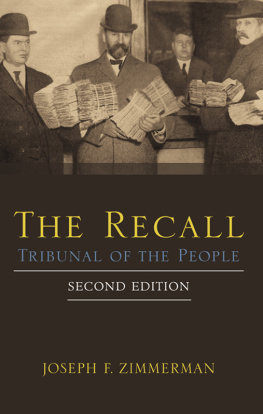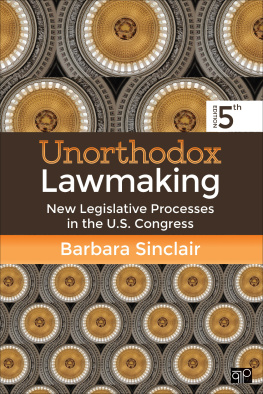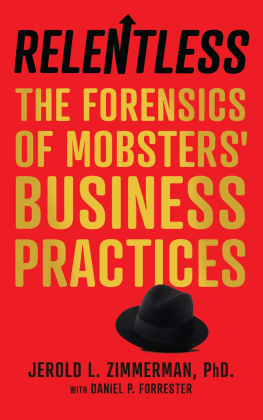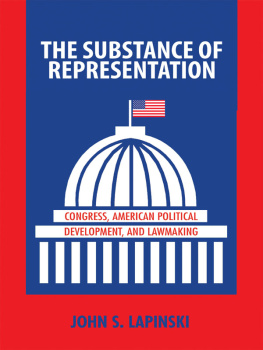The Initiative
Second Edition
published with a grant from Figure Foundation for unity gain
The Initiative
Citizen Lawmaking
Second Edition
Joseph F. Zimmerman
Published by State University of New York Press, Albany
2014 State University of New York
All rights reserved
Printed in the United States of America
No part of this book may be used or reproduced in any manner whatsoever without written permission. No part of this book may be stored in a retrieval system or transmitted in any form or by any means including electronic, electrostatic, magnetic tape, mechanical, photocopying, recording, or otherwise without the prior permission in writing of the publisher.
For information, contact State University of New York Press, Albany, NY
www.sunypress.edu
Production by Ryan Morris
Marketing by Michael Campochiaro
Library of Congress Cataloging-in-Publication Data
Zimmerman, Joseph Francis, 1928.
The initiative : citizen lawmaking / Joseph F. Zimmerman. Second edition.
pages cm
Includes bibliographical references and index.
ISBN 978-1-4384-5337-8 (hardcover : alk. paper)
ISBN 978-1-4384-5339-2 (ebook)
1. ReferendumUnited States. I. Title.
| KF4881.Z55 2014 |
| 328.2'20973dc23 | 2013047788 |
10 9 8 7 6 5 4 3 2 1
For Peggy
Contents
Illustrations
Figures
Tables
Preface
Voter dissatisfaction in the 1890s with the representativeness of many state legislatures and city councils, attributable primarily to public exposure of corruption in the law-making process, led to amendment of state constitutions and city charters or ratification of new ones to provide for three correctivesthe initiative, the protest or citizen referendum, and the recall activated by voter petitions. The first two correctives were incorporated into the South Dakota state constitution by a constitutional amendment in 1898, and all three correctives were included in the new charter for the City and County of San Francisco ratified by voters in the same year.
The initiative allows voters by petitions to place proposed constitutional amendments and/or statutes on the state ballot and proposed charters, charter amendments, and ordinances on the local ballot. The protest referendum authorizes the electorate by petition to suspend implementation of a newly enacted statute or ordinance and to vote in a referendum on the question of repealing the statute or ordinance. The recall is a petition process for placement of the question of the immediate removal from office of an elected officer on the referendum ballot. These three participatory devices were unconventional when adopted, but have become important reserved powers of voters in the state and local governments where the devices are authorized and may be exercised whenever elected officers fail to be responsive to the will of the people.
The direct initiative, an affirmative forcing mechanism, challenges the fundamental theory of representative lawmaking by allowing voter lawmaking whenever a majority of those participating in a referendum decide to supersede the representative law-making body relative to establishing a specific public policy embodied in the proposition. The filing of a large number of petition signatures in favor of a proposition may persuade the legislative body to enact the proposition or a similar bill into law, thereby obviating the need for a referendum.
Defenders of representative lawmaking not surprisingly advanced numerous arguments against the initiative since it first was proposed. Lawmaking in the United States, except in New England towns, historically was predicated on the leadership-feedback theory, under which elected officers propose new governmental policies, receive feedback from individuals and organizations, and may revise their original proposals to reflect these views prior to enacting a statute or ordinance.
In theory, this process assumes elected officers in proposing a new policy are genuinely interested in obtaining the views of the citizenry and will consider such views carefully in drafting or revising bills for enactment. The failure of many legislative bodies to live up to democratic ideals led to the publics loss of confidence in these bodies in the United States. The solution, according to populist and progressive reformers, involved voters taking into their own hands the responsibility for determining public policies on important issues in the event that a legislative body failed to establish a policy favored by a majority of the voters.
The initiative is authorized by the constitution in twenty-three states and a Utah statute for state use, and by local government charter or state constitutional and/or statutory provisions in numerous local governments. The fact each state, by its constitution or statutes, may determine the features of the initiative has produced great variation in the degree of difficulty and frequency of use of this popular device. The practical political workings of the device also vary and result in criticisms that differ between individual initiative state and local government.
This book describes the origin and spread of the initiative, its legal foundation, the role of the judiciary in interpreting constitutional and statutory initiative provisions, and initiative proposition campaigns; evaluates the arguments of the proponents and opponents of this popular law-making device; draws conclusions about its desirability and effectiveness; and offers a model to guide state and local governments considering adoption of the initiative or revision of current constitutional or statutory provisions.
Acknowledgments
Although it is not possible to acknowledge individually the many state and local government officers, individuals, and organizations that supplied information in response to my many requests, a special debt of gratitude must be expressed to Barbara Mathews for her assistance in the collection of information for inclusion in this book.
Chapter 1
Citizen Lawmaking
The initiative is a petition process allowing voters to place one or more propositions on the referendum ballot by collecting a specified minimum number of certified signatures of registered voters for each proposition. The origin of this participatory device is a voter-approved 1898 South Dakota constitutional amendment that also established the protest referendum allowing voters by petition to place on the referendum ballot the question of repealing a specified state law(s). Our primary focus is the initiative that continues to be a controversial mechanism raising fundamental questions about the nature of representative government and the role of voters in state and local government lawmaking in the twenty-four states and numerous general purpose local governments that adopted the device in the United States. The value of an active citizenry in ensuring the health of the polity was recognized in ancient times. Aristotle, for example, placed greater faith in the collective wisdom of citizens than in the sagacity of any individual. Political theorists and elected officers nevertheless have different views of the proper role of voter participation in the law-making process.
Direct democracy advocates favor the traditional New England town meeting in which assembled voters enact all bylaws after discussion of each article in the warrant (fixed meeting agenda) issued by the elected selectpersons who are the towns plural executive. This type of lawmaking is traceable in origin to the Athenian ecclesia of the fifth century B.C. Advocates of representative lawmaking, on the other hand, confine the voters to periodic election of legislators who lead public opinion by advancing proposals and soliciting feedback on them from the citizenry prior to voting on the proposals. This leadership-feedback theory is premised on the belief elected officers will consider seriously the views of the people on legislative proposals and will follow the wishes of the majority.


